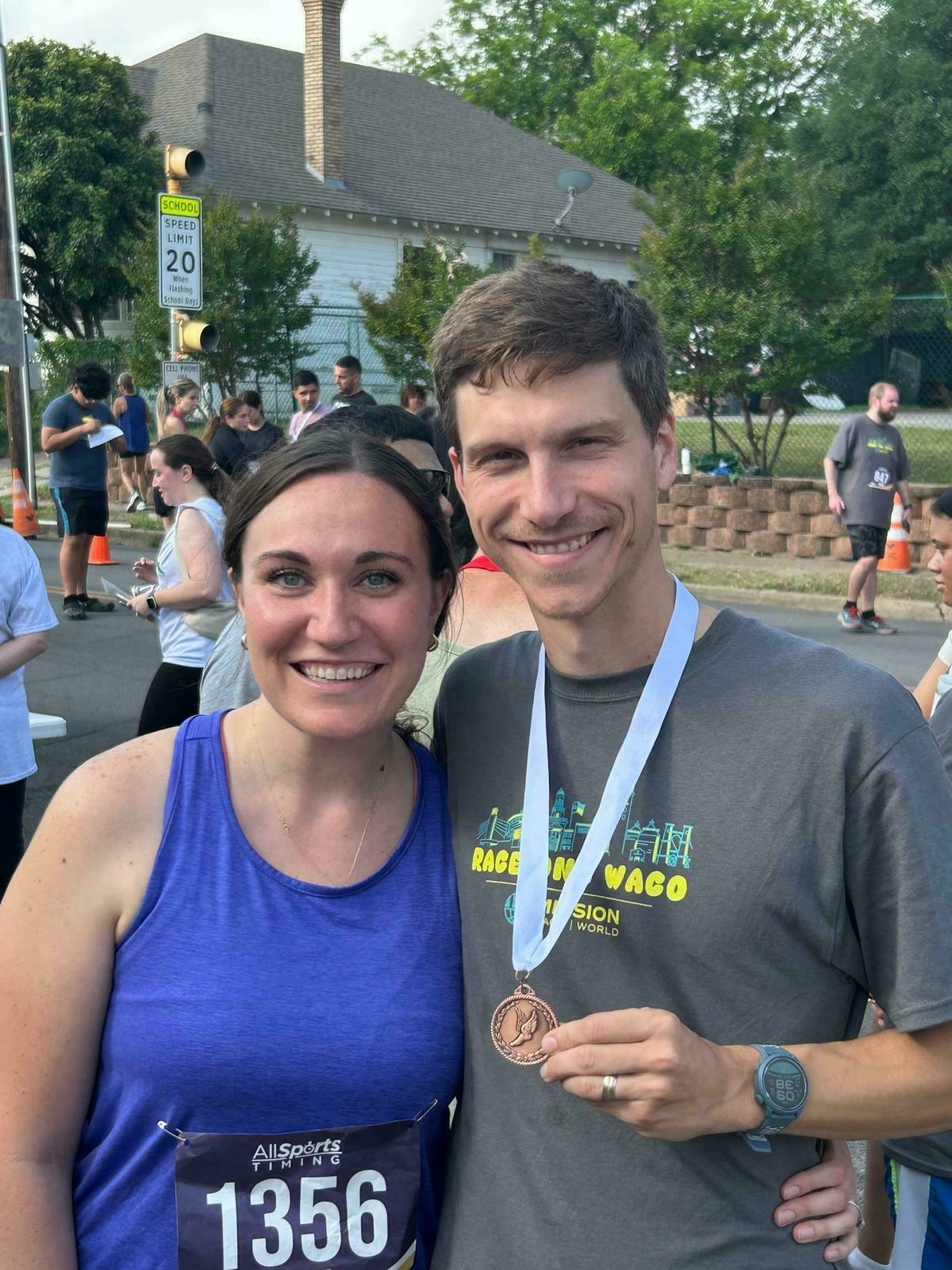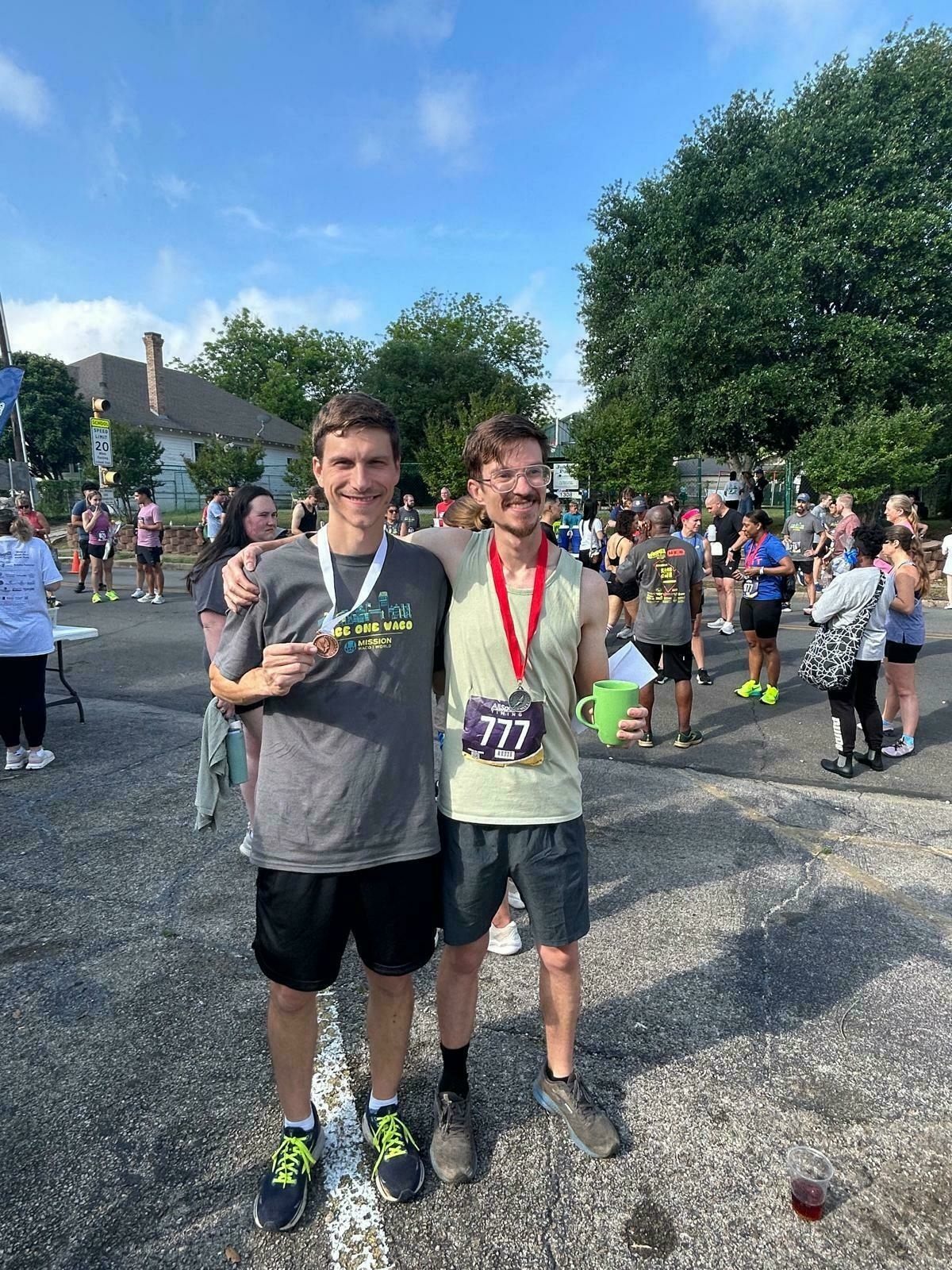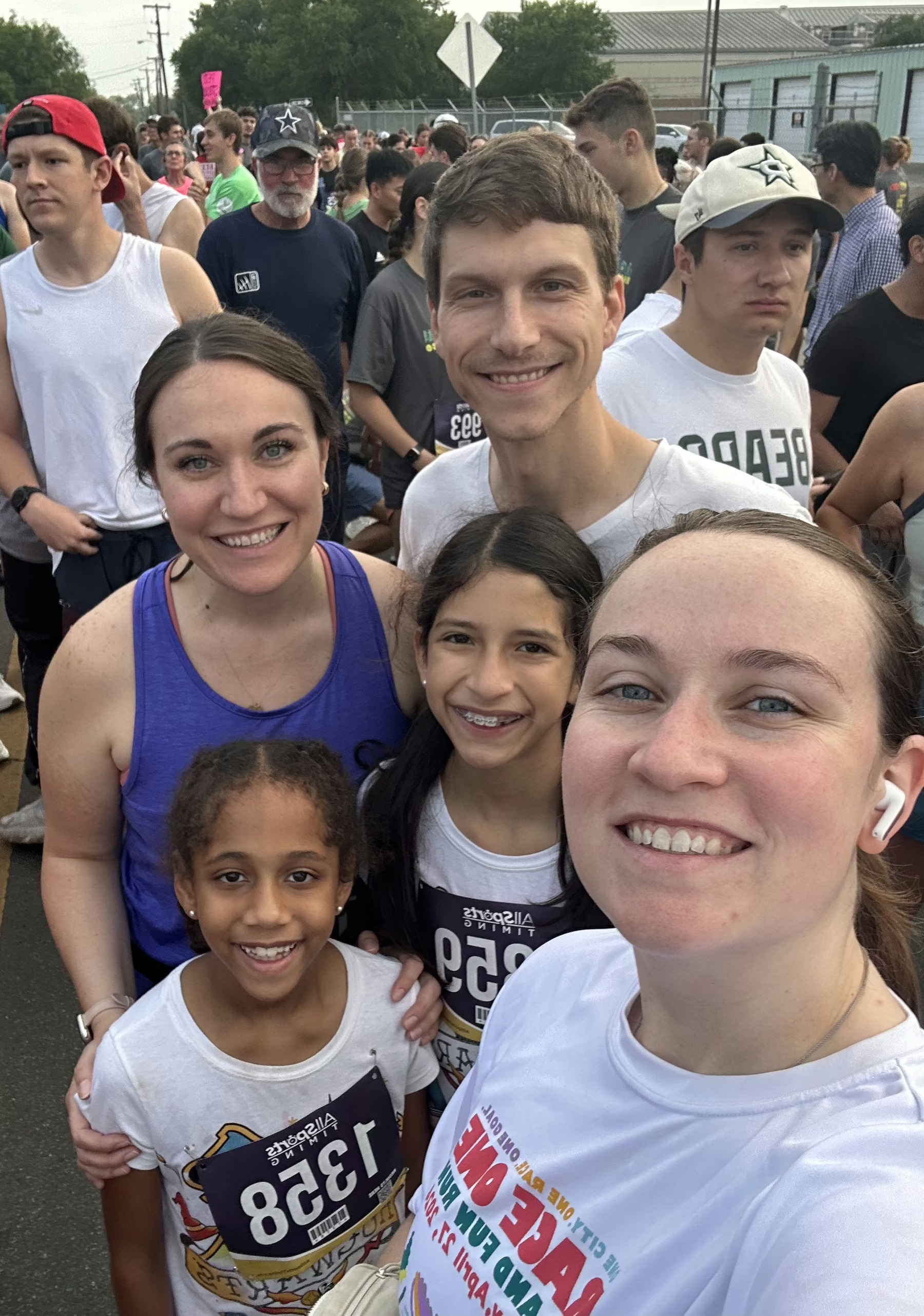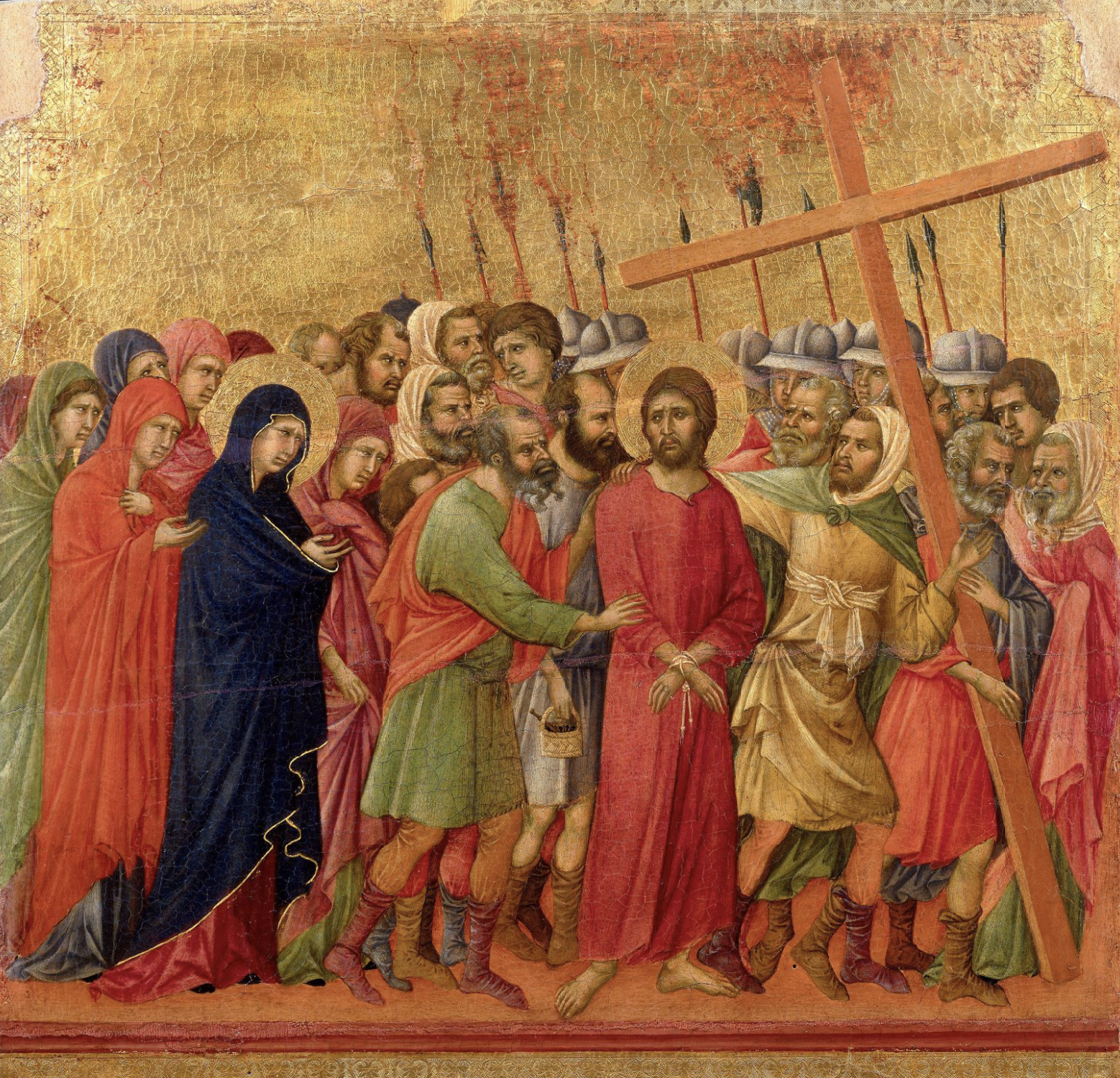



Finished reading: Exclusion & Embrace by Miroslav Volf 📚
One of the best theological texts I’ve ever read.
‘It must be inconvenient to be made of flesh,’ said the Scarecrow, thoughtfully, ‘for you must sleep, and eat and drink. However, you have brains, and it is worth a lot of bother to be able to think properly.’
Brad East, on how grace is received corporately—on how we learn to respond in gratitude as a community:
We learn gratitude first of all as a community, as a people defined by prayer. After all, how do children and catechumens learn to begin their prayers? They listen to the gathered assembly at prayer. And what do they hear? “O God, we give you thanks . . .”
So the church, as the corporate body of Christ fed by his sacramental body and drawn forward in time by his Spirit to the public manifestation of his risen body, is a community created and defined by gratitude to God. Indeed, the inception of the church is itself the occasion of a gift, the great giving of the Holy Spirit at Pentecost (see Acts 2). The Spirit who indwells the church and animates its life through word and sacrament bears the personal name of Gift, as Augustine recognized long ago. The singular Gift with which the Father presents the Son, thus eternally begetting him as the Son through the eternal breathing-forth of the Spirit on him, is one and the same as that which is poured out on the apostles during the great feast in Jerusalem, granting new life to the Son’s reconstituted body and holy Breath to the living temple of God—one not made with human hands (see 1 Corinthians 3:16–17; 6:19–20; Acts 7:48).
The shape of this community’s life is eucharistic from start to finish. It breaks bread in grateful memory of the Author of life (see, e.g., Acts 2:37–47), who died and rose again to grant eternal life to all who call on his name (3:15; 4:12). It offers itself to God on behalf of the world, and to the world on behalf of God.

Currently reading: Church Unique by Will Mancini 📚

Currently reading: Lost in Austin by Alex Hannaford 📚
Had a blast running with my crew and Mikayla & Tanner in Mission Waco’s RaceONE 5k this morning! (Not to brag, but I finished third in the men’s 35-39 age bracket; so yeah, I’m kind of a big deal.)




Christ on the way to Calvary (1308-11) by Duccio di Buoninsegna:

a little origami fun last night with Lily and Bella’s aunt Lynné (my sis)
